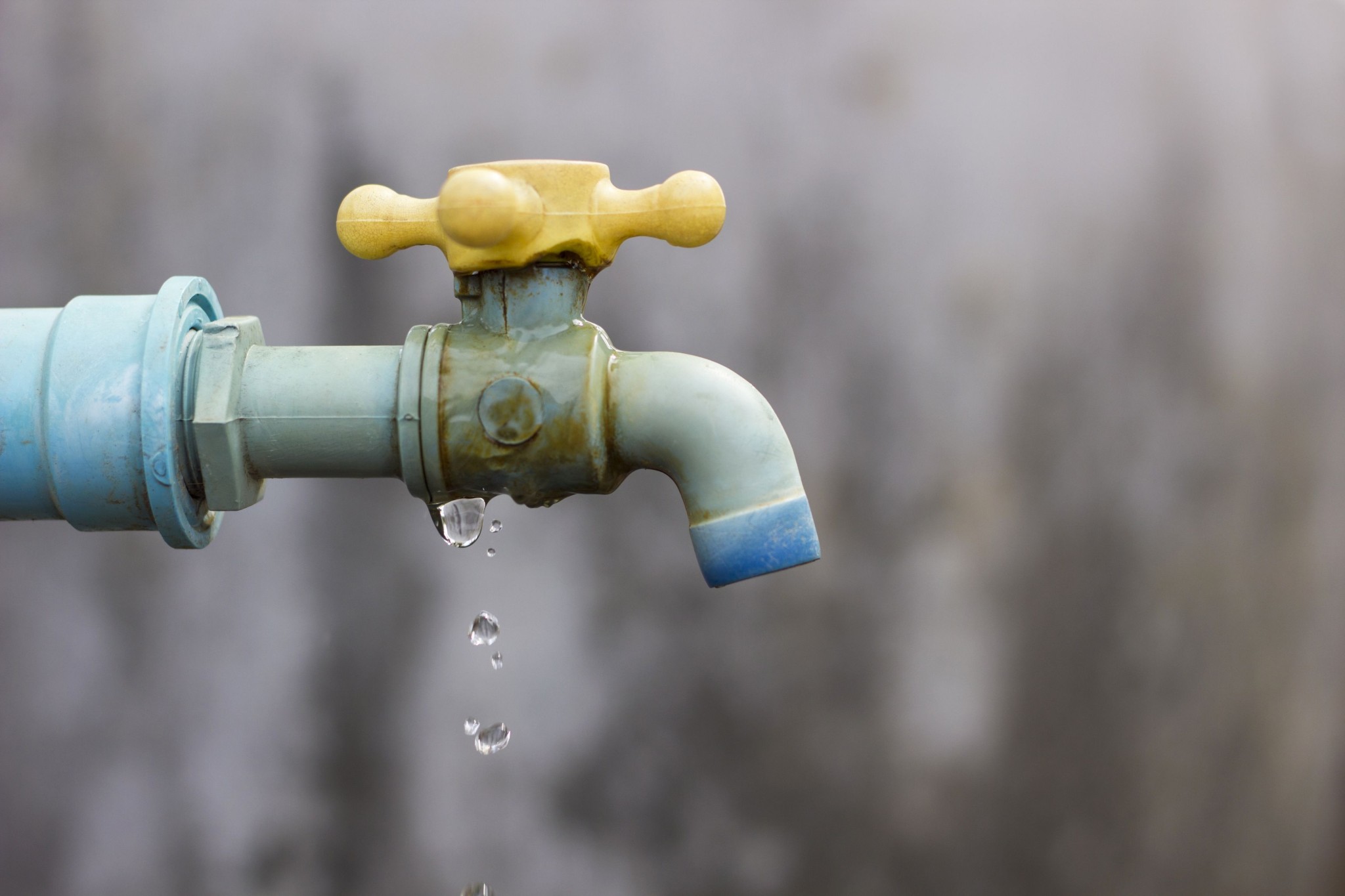
As a property manager, you trust that your residents maintain your rentals and follow your rules. You’ve carefully screened each tenant and verified their rental history, but it’s still in your best interest to verify that all is well at your property.
Upkeep and proactive maintenance prolong the condition of your rentals and can save you a considerable amount of money. But what should you look for when you inspect your property and how often should you inspect it?
We’ve got the answers to all your rental property maintenance questions.
Uncover Unauthorized Occupants
During your inspections, verify that tenants are following your restrictions on occupancy. Take note if there are people living in the home that you haven’t authorized. If your property doesn’t allow pets, a rental walk through is also the perfect opportunity to double check for unauthorized animals.
Observe Condition & Maintenance Needs
While inspecting the property look out for general upkeep and cleanliness. Are your tenants keeping your property in good condition? If not, find a way to rectify the issue promptly.
Also, look for maintenance related issues like plumbing leaks or dirty air filters. Keep your eyes open for small maintenance problems, like leaky faucets and running toilets, that can lead to larger damages.
Teaching Opportunities
Inspections can also open a line of communication between you and your residents. They may not know how to care for certain aspects of their rental and inspections are a great opportunity to teach them.
Additionally, when tenants expect regular checks they’re more aware of what’s going on and more likely to alert you to problems. Use this opportunity to gather feedback and instruct your residents on the best way to care for the unit.
How often should you inspect?
Scheduled inspections should occur before a resident moves in, after six months of residency, each time they renew the lease, and after they move out. You should also inspect the property when situations arise that may cause concern.
If your tenant misses rent payments, be proactive and stop by to see what’s going on. Another good time to inspect rental property is when a tenant starts making regular maintenance requests. They may be causing damage or using an appliance incorrectly, and you can step in to prevent the problem from reoccurring.
Overall, inspections are an important aspect of property management. They help you maintain the value of your property and make you aware of issues that require attention. A small fix now could save you thousands of dollars later.
Not sure how to get started inspecting your properties? Give us a call!


